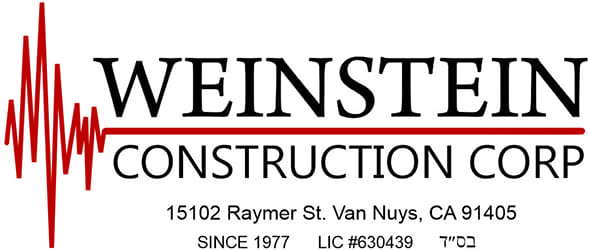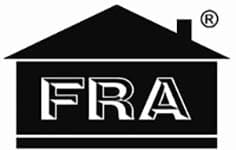Dear clients and friends:
As we approach the holiday of “Rosh Hashanah,” the Jewish New Year, I wanted to take a moment to write you this letter, and I hope it finds you, your family, and all of your friends and neighbors, healthy and happy!
In reflecting on the significance of this holiday, I come back to the shared experiences that unite us as a community and as a nation. Rosh Hashanah, which literally translates to “Head of the Year,” marks the beginning of the Jewish High Holy Days, the most spiritually significant period in the Jewish calendar. These ten days culminate in Yom Kippur, the solemn Day of Atonement. While Rosh Hashanah is a time of celebration, Yom Kippur is dedicated to introspection and repentance. Together, these holidays invite us on a profound journey: to reflect, heal, and recommit to the values we hold dear.
At its core, Rosh Hashanah embodies hope and struggle, which are themes that resonate deeply with the challenges facing our nation today. In this era of uncertainty, polarization, and change, Rosh Hashanah can remind us that even in difficult circumstances, renewal is always possible. This theme of renewal is not only central to Judaism, but also resonates deeply within Christianity, where the promise of new beginnings and forgiveness is equally cherished. Both traditions remind us that faith can bring hope and transformation, no matter how challenging the moment may feel!
One way this message is brought to life, is through the biblical story of Isaac’s birth, which is traditionally read on Rosh Hashanah. Isaac, a key patriarch in Jewish tradition, was born to Abraham and Sarah at a very advanced age, when their hope of ever having a child had faded. When Sarah gave birth to Isaac, it wasn’t just a miracle, but also a powerful reminder that with faith and humility, transformation is possible!
The story of Sarah and Abraham’s renewal invites us to believe that our lives, our communities, and even our country, can change for the better. Yet, change doesn’t come from wishing alone – it requires “Teshuvah,” which in Hebrew means a “return.” By this I mean a return to our best selves, to the values we cherish, and to the connections we share. Teshuvah calls on us to reflect, repair, and do the hard work of becoming better.
And so, we extend to you a traditional greeting of “l’shana tova” and wish you a happy and sweet new year, filled with health, reflection, and renewal!
Download











